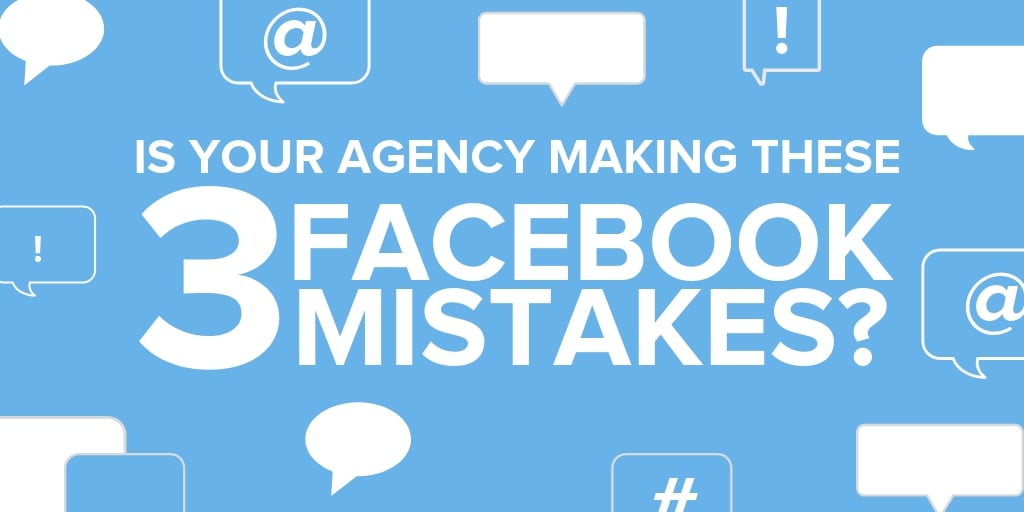When rolling out the red carpet for your agency event, a little preparation goes a long way.
Agency events (i.e open houses or cocktail mixers) are such effective promotional tools for businesses. These types of events are a practical option for any type of business that relies heavily on word-of-mouth referrals. They allow you to promote your agency, introduce a new product line, mingle with community members, and even turn your attendees into new customers.
Planning a successful event takes a lot of preparation (much like throwing a great party). Here’s how to make sure yours leaves a lasting impression.
Set your budget and research
Setting a budget for your event is probably one of the most important things that you’ll need to do. This should be done even before picking a date. To do this, you’ll need to create a list of items/services that you’ll want to include. Examples of this are your outside caterers, entertainment vendors, promotional items and giveaways. Preparing this list will give you a starting point to do research in order to get an average number together that you feel comfortable spending.
Setting your date
You’ll need to choose a date at least a few months in advance in order to properly plan for your event. Typically, caterers and entertainment book months to years ahead, so you’ll need to talk to your vendors while simultaneously deciding on a date.
Get the word out
Sending a ‘Save the Date/You’re invited’ email blast to your existing customers is a great starting point. You should encourage them to stop by and bring a few guests. If you’re able, incentivize your clientele to bring guests by offering a special reward or discount. To help your attendee counts, using a free website such as Eventbrite, or even an event page on your company Facebook will help store RSVPs and allow you to communicate with guests and attendees.
A great way to market to prospective clients is to send out a ‘Save the Date’ postcard in the mail and ask them to RSVP through your online event page. Also, displaying signage in front of your business several weeks before the event will help notify customers and those who pass by.
Prepare your staff
You’ll need to ensure that you have a well-staffed event. Make sure that your staff is prepared to speak with attendees about your agency, answer questions, and provide additional information. Encourage staff to chat with guests, and possibly suggest a few conversation starters to make them feel comfortable approaching your clientele.
Showcase your business and keep your guests entertained
Create eye-catching displays that highlight your services and products, or create an area where you can provide information about your agency and leave key takeaways. Also, place displays throughout the space to keep customers moving through your business. Mixing these areas with appetizers and snacks will attract guests and encourage them to walk around and learn more about your business. You could also encourage attendees to mingle with staff and fellow customers by hosting tours, raffles, contests or giveaways.
Follow-up with event attendees
When guests arrive, create a registration area away from the entrance to avoid congestion. Encourage attendees to leave an email address or a business card. If you choose to do a raffle or giveaway, this could be a good way to incentivize guests to leave contact information. A few days after the event, send a thank-you email blast to attendees, and remind them of the key components of your business.
Even though planning an agency event may seem like a lot of work, when the day comes and everything goes according to plan, you’ll feel a sense of pride and accomplishment like no other. Your staff will feel united, and, if all goes well, new clients will soon start using your agency!

Jessica Wenrich, Marketing
DISCLAIMER
The information contained in this blog post is intended for educational purposes only and is not intended to replace expert advice in connection with the topics presented. Glatfelter specifically disclaims any liability for any act or omission by any person or entity in connection with the preparation, use or implementation of plans, principles, concepts or information contained in this publication.
Glatfelter does not make any representation or warranty, expressed or implied, with respect to the results obtained by the use, adherence or implementation of the material contained in this publication. The implementation of the plans, principles, concepts or materials contained in this publication is not a guarantee that you will achieve a certain desired result. It is strongly recommended that you consult with a professional advisor, architect or other expert prior to the implementation of plans, principles, concepts or materials contained in this publication.
This blog post may contain the content of third parties and links to third party websites. Third party content and websites are owned and operated by an independent party over which Glatfelter has no control. Glatfelter makes no representation, warranty, or guarantee as to the accuracy, completeness, timeliness or reliability of any third party content. References to third party services, processes, products, or other information does not constitute or imply any endorsement, sponsorship or recommendation by Glatfelter, unless expressly stated otherwise.
Related posts
Learn to create a memorable client experience from the customer service experts at Trader Joe's.
Questions you can use to help you determine if an insurance Carrier, Program Manager or MGA might be the right fit for your book of business.
With so much information online—it's comforting to hear from a real person with first-hand experience with a product or service before you make a purchase.







Submit a Comment